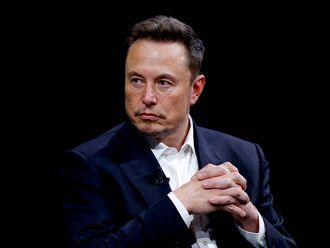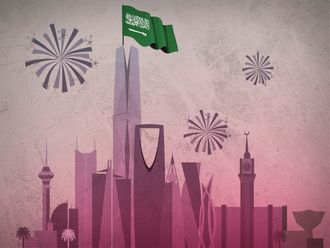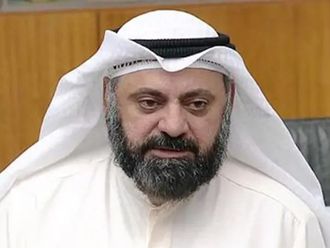Caracas: Venezuelan President Hugo Chavez's ruling Socialist Party won a majority in parliament, but the opposition surpassed the crucial one third of seats, electoral authorities said on Monday.
Though the Socialists looked set to retain a majority in the parliament, Chavez had set the goal of winning two thirds, meaning the opposition will regard their showing, as a victory.
A baseball-mad former tank soldier who rose from a poor rural childhood, Chavez, 56, first tried to take power in a 1992 coup and has only lost one election since he won the presidency at the ballot box in 1998. He has become one of the world's most recognisable politicians, taking the crown from Cuba's Fidel Castro as Latin America's leading critic of Washington and putting swathes of Venezuela's economy in state hands.
Though not on the ballot for parliament, Chavez was the dominant figure throughout the campaign, in yet another vote that was essentially a referendum on his rule.
Anger at economic problems, a second year of recession worsened by sky-high inflation, as well as shocking crime statistics and Chavez's polarising personality weighed on his ratings this year despite the popularity of social programmes.
"These have perhaps been the most difficult circumstances in which we have fought an election," Vice President Elias Jaua said.
A first-past-the-post system and changes to electoral districts meant Chavez's Socialist Party was always likely to win a larger share of seats than of votes, but the opposition's strong showing, if confirmed, will sting for a man who draws strength from popular support.
In theory, without two thirds of the seats, Chavez would then need the support of enemies in order to pass major legislation or to make top appointments to key institutions such as the Supreme Court. He could soften his stance towards his bitter rivals, or go the other way and step up the pace of nationalisations and reforms, possibly using ‘fast-track’ decree powers to bypass members of parliament.
"He has always been impossible to predict. That's been a secret of his success," said a senior Western diplomat.
New parliament members will not take seats until January 5, so the leader of South America's biggest oil producer has a rubber-stamp legislature for at least three months.
The election signals the unofficial starting gun for the 2012 presidential race, where Chavez hopes to extend what will, by then, be nearly 14 years in power.
Investors have paid close attention to the vote, particularly because debt issued by the government and state oil company PDVSA offers very high yields for those willing to bear what some consider a significant chance of default.
Members of the newly-united Democratic Unity group were always going to make significant gains after they boycotted the last parliamentary vote in 2005.
Opposition leaders will hope to use their bigger presence in the Assembly to increase their visibility at a national level, and gain momentum ahead of the 2012 election.
"It's going to be a hostile parliament, that's for sure," the Caracas secretary-general of the opposition Democratic Action Party, Guillermo Miguelena.
"Now we need to keep the unity we have achieved ahead of 2012. Our new parliamentarians will use the new platform they have for the democratic struggle, but the real and more important struggle will be in the street."












